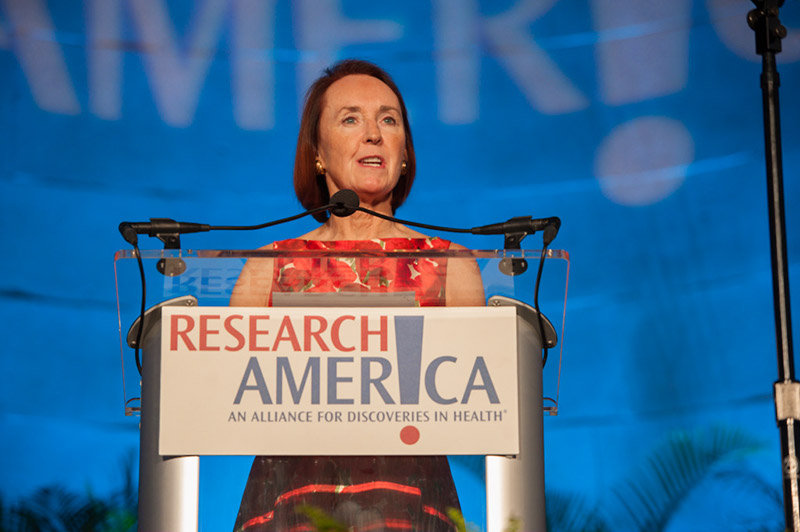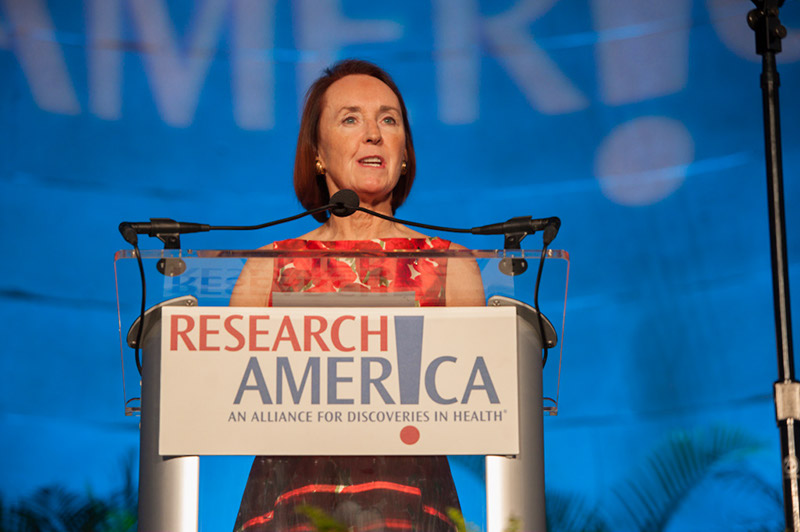The research environment


Dear Research Advocate,
Yesterday, the House Appropriations Committee passed the Fiscal Year 2020 Labor, Health and Human Services, Education, and Related Agencies funding bill. While there is great news in the bill, it must be considered in the grim context of the across the board cuts that will happen if Congress does not act to raise the budget caps. Our statement addresses both the good and bad news.
The bill, which Congressional leadership is expected to bring to the House floor in June, includes more than $8.25 billion for the Centers for Disease Control and Prevention, over $41 billion for the National Institutes of Health, and $358 million for the Agency for Healthcare Research and Quality. Those funding levels amount to increases of, when compared to FY2019, $1 billion for the CDC, $2 billion for the NIH, and $20 million for AHRQ, respectively.
The Senate has yet to begin work on its version and the two chambers will need to come to an agreement after that. But — and, again, this is critical to stress — for any positive final outcome to occur, Congress must take action to raise the spending caps across the federal government. Use our action center to weigh in now!
On Wednesday, the House Science, Space and Technology Committee held a hearing at which Dr. France Córdova, Director of NSF, and Dr. Diane Souvaine, Chairwoman of the National Science Board, testified. Dr. Córdova’s opening statement highlighted the “convergence accelerator” – a new initiative focussed on high-risk, high-reward thinking to accelerate innovation and achieve rapid lab to market outcomes. Dr. Souvaine discussed the need for diversity in STEM, pointing out that America doesn’t lead with dollars alone. We must show aspiring young scientists in this nation and worldwide what a healthy research environment looks like.
Also addressing the research environment, the White House National Science and Technology Council announced the formation of a joint committee to address barriers to research in the U.S., including integrity issues, inclusive and equitable settings for research, and the protection of American research assets. Office of Science and Technology Policy (OSTP) Director Kelvin Droegemeier said “Our Nation’s continued global leadership in science and technology depends upon attracting, empowering, and retaining our best and brightest talent…It’s critical we remove any obstacles in the way of the scientists, engineers, and inventors of today and tomorrow, achieving their full potential.”
Research!America, the American Association for the Advancement of Science (AAAS), the Association of American Universities (AAU), and the Society for Neuroscience (SFN) are partnering on a briefing looking at the future of the Bayh-Dole Act, the landmark law that established a framework for “tech transfer.” Join us on June 13, 2019 for a networking coffee and briefing, starting at 9:30am. The event will also be livestreamed. Contact Sara Chang ([email protected]) to register.
The Hon. John Porter, Research!America Chair Emeritus and former Chairman of the House Appropriations Subcommittee on Labor, Health and Human Services, Education, and Related Agencies, was honored today at NIH. A display case underscoring his legacy was unveiled at the John Edward Porter Neuroscience Research Center. In saluting Porter, NIH Director Francis Collins noted his extraordinary support for NIH, including securing early pivotal funding for the Human Genome Project. The building truly epitomizes a state of the art environment for research.
Time flies! The deadline to submit a nomination for one of Research!America’s 2020 Advocacy Awards is only one week away! Act now to nominate those you want to recognize for outstanding advocacy leadership. The awards will be presented at our awards event next March.
Sincerely,
Mary Woolley




